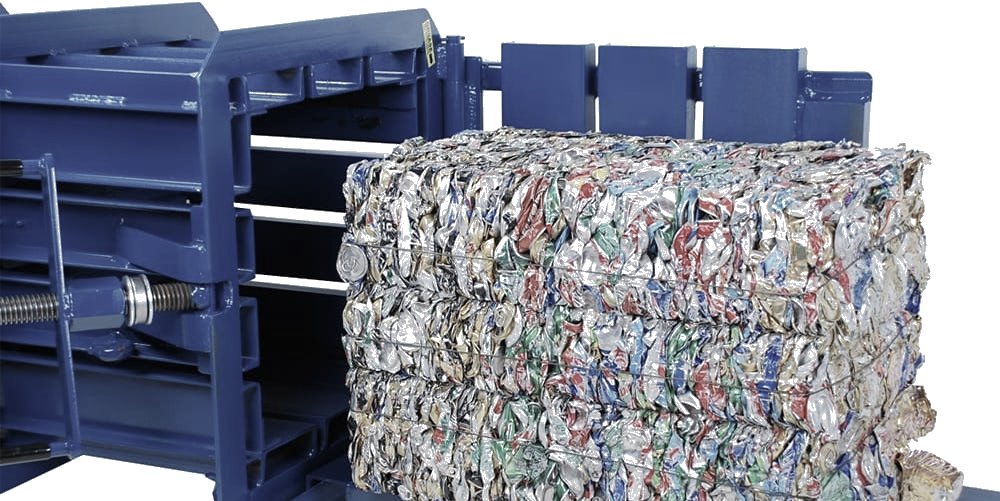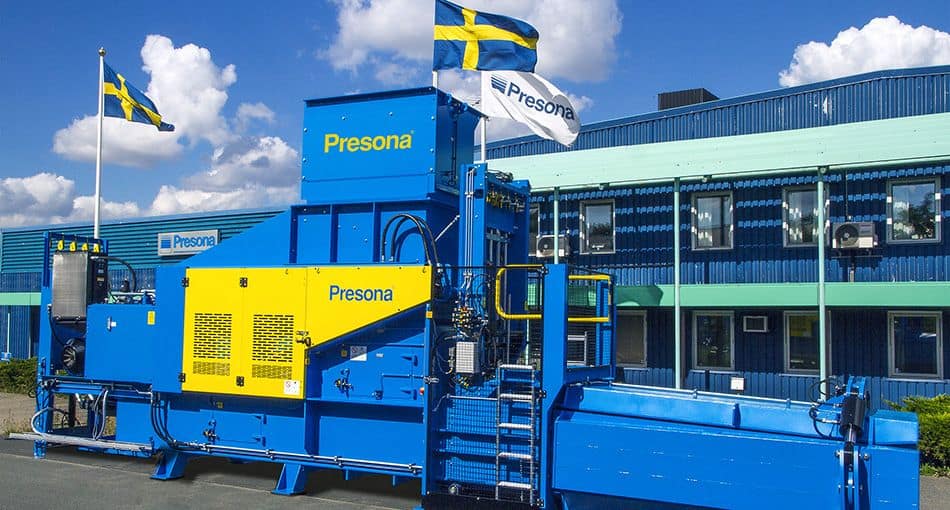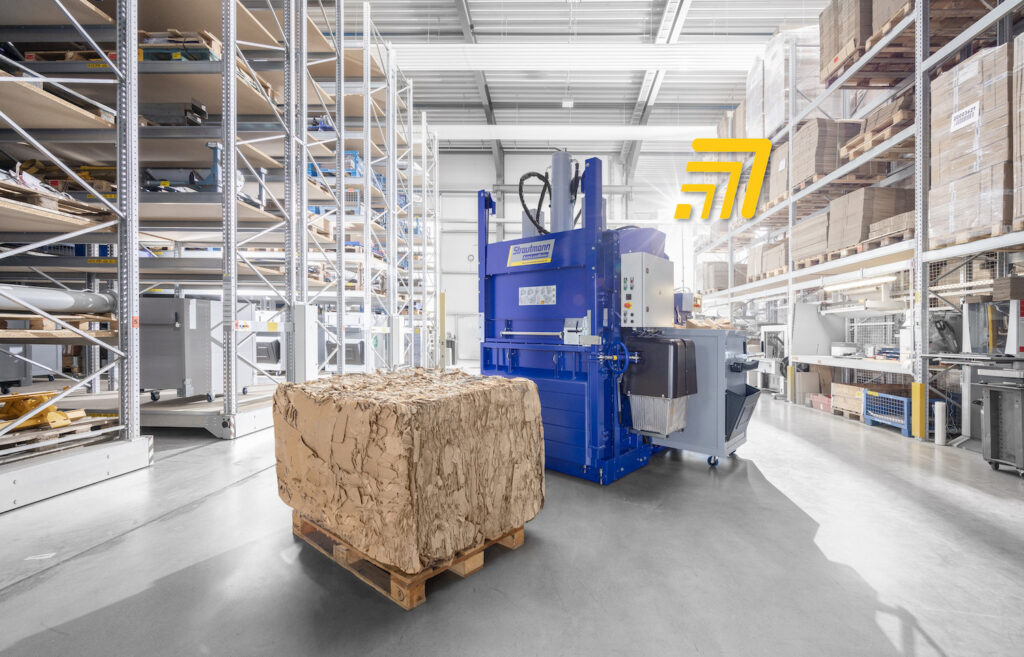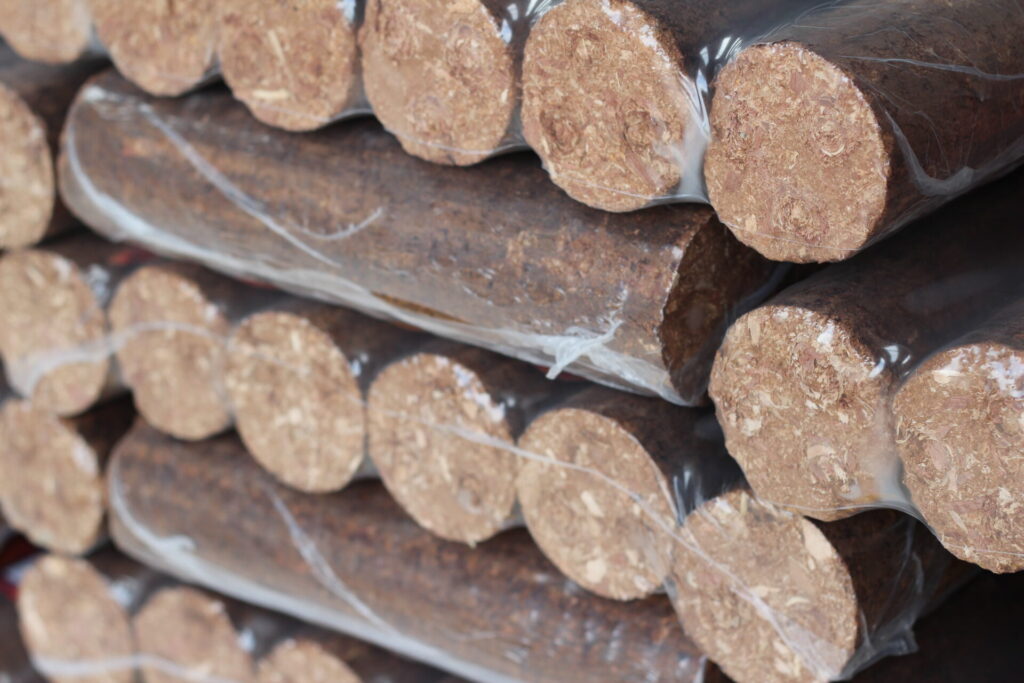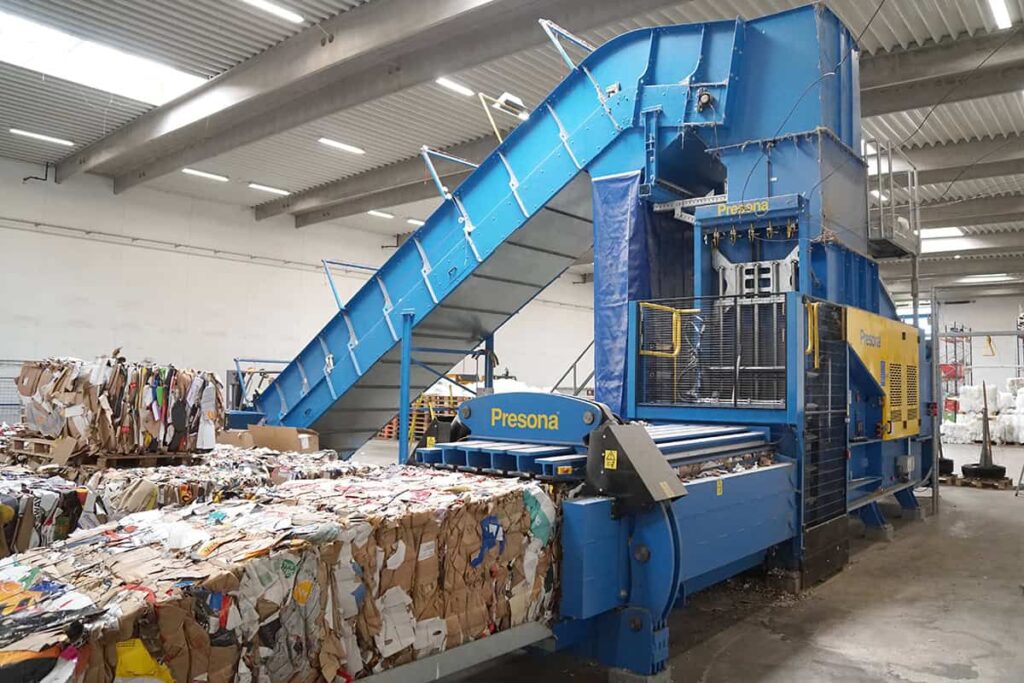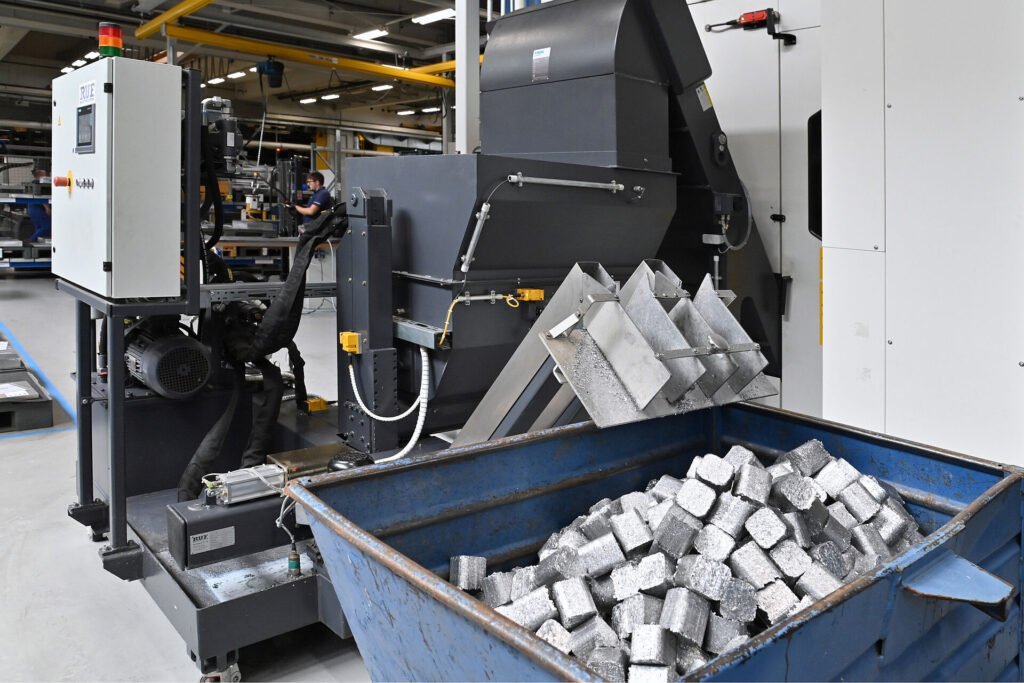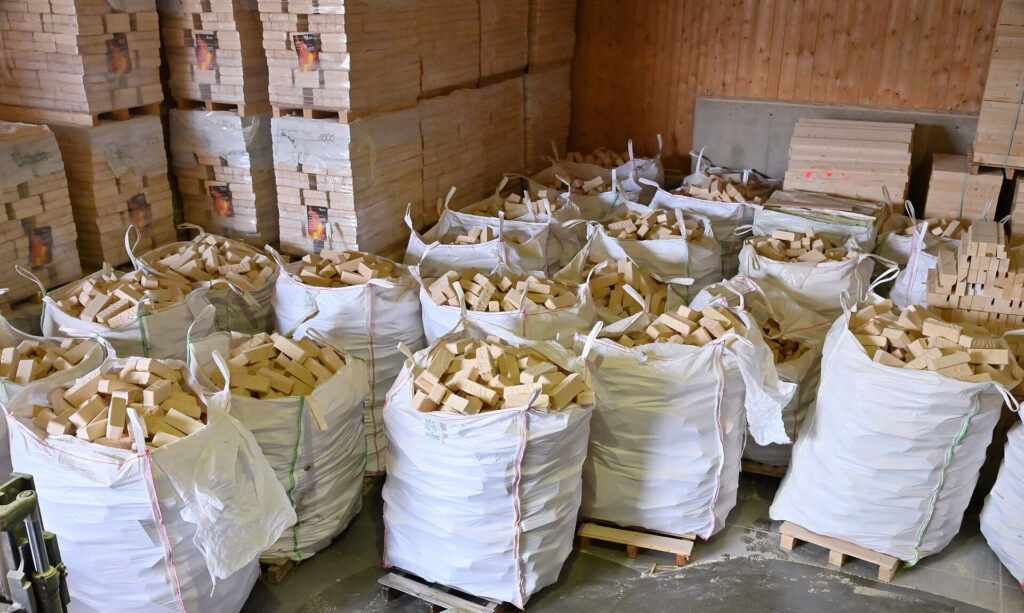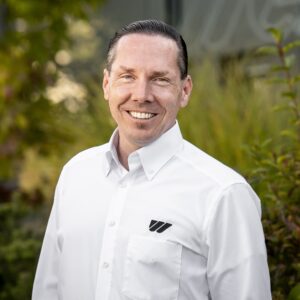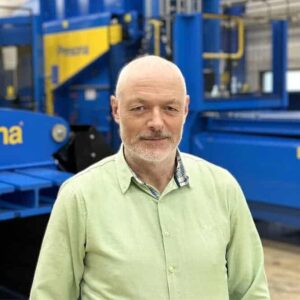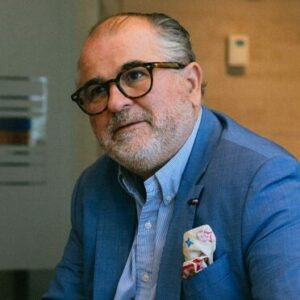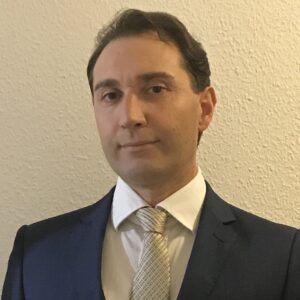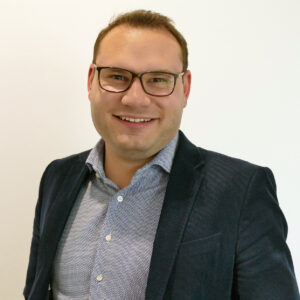Volume Reduction Technology
Solid waste volume reduction can occur at several points in the waste management process. Solid waste volume reduction takes the form of recycling or re-use behavior on consumers. This behavior reduces solid waste at the source and prevents materials from entering the waste stream. Recycling is the best initial method to reduce the volume of solid waste on the part of consumers.


